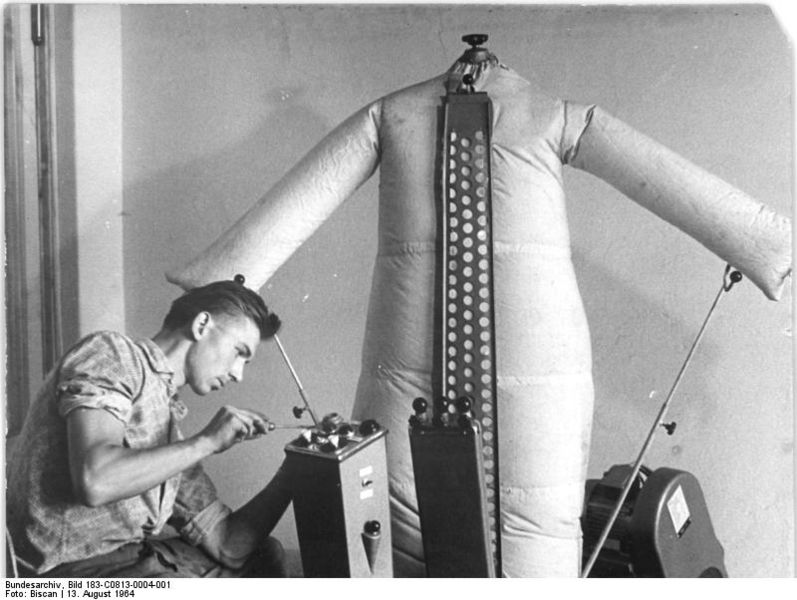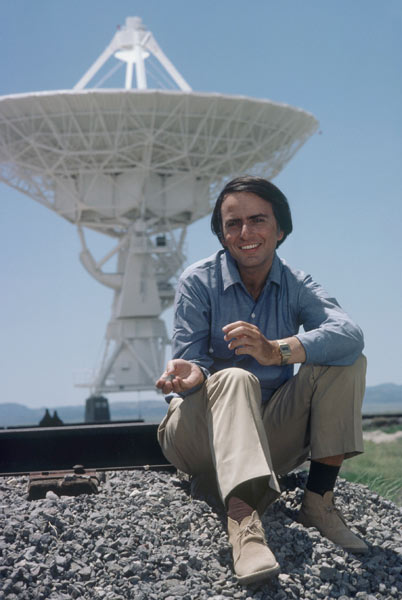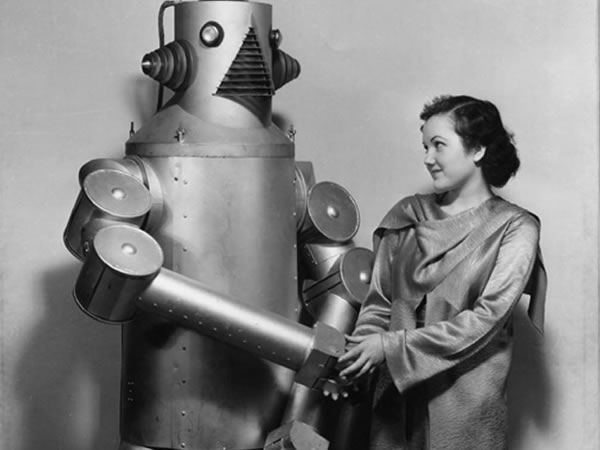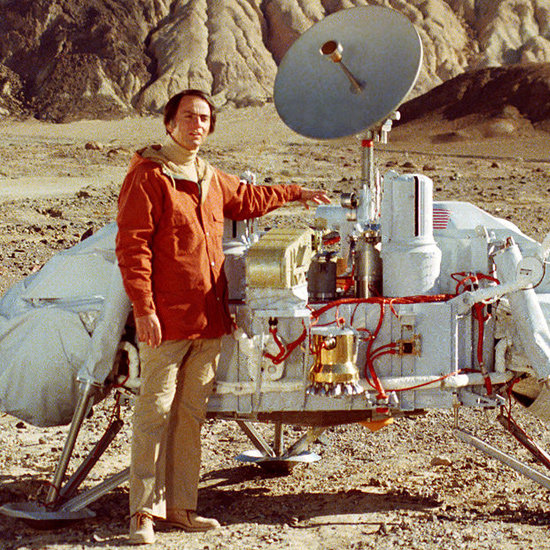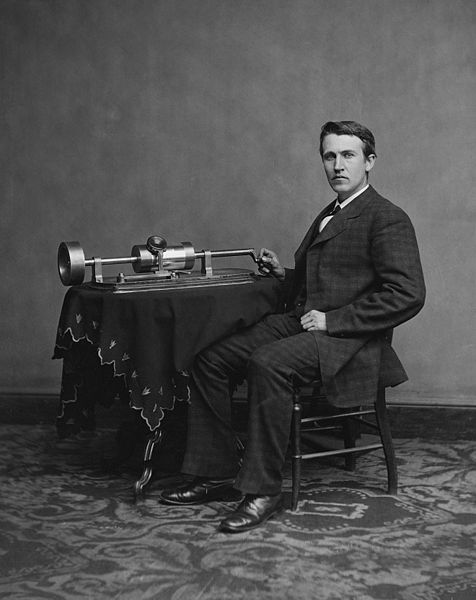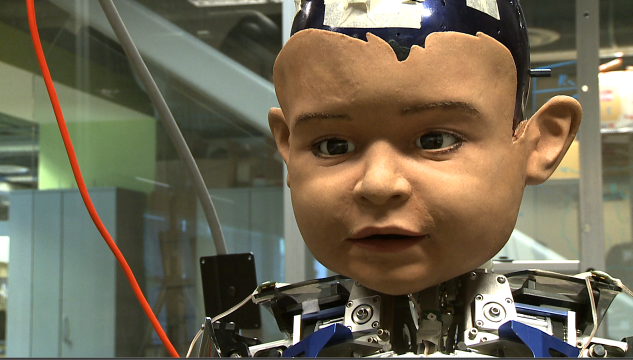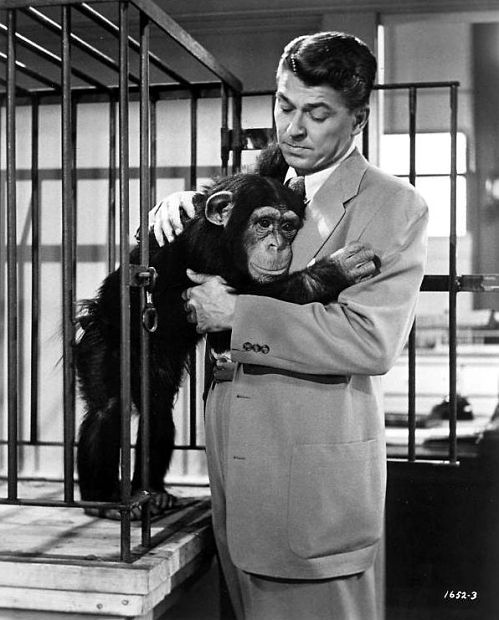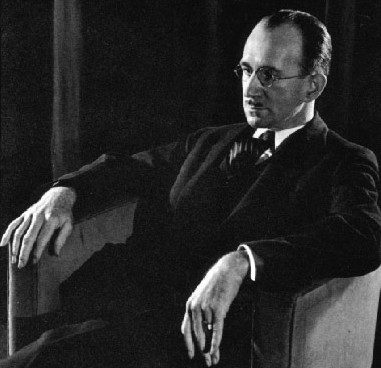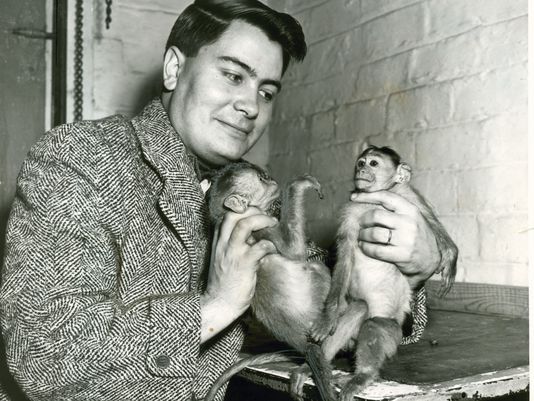
The Rev. Jim Jones went off the deep end in 1978, taking with him some true believers who had initially followed willingly and others who had approached reluctantly. There were survivors, and their stories can be instructive in understanding group delusion. Deborah Layton, a Jones aide who survived the massacre, has just published a book on the topic. She did a very candid Ask Me Anything at Reddit in connection with the publication. A few exchanges follow.
_________________________
Question:
I hope this isn’t taken the wrong way, but I find the circumstances surrounding the Jonestown tragedy completely fascinating.
As someone who was in Jonestown, do you think that it was Jim Jones’ plan all along to commit this atrocity?
Deborah Layton:
It is not shameful to find the story so fascinating. Trust me, I continue to try to make sense of the losses.
When I had finished writing Seductive Poison I was asked by a BBC documentary film crew to accompany them back to Guyana and into Jonestown. I was hesitant until the producer came on the phone and told me in his research he had come across a woman’s dissertation about the history of Guyana that some 100 years ago a white minister convinced his Amerindian flock to kill themselves and come back as white men. I realized Jones must have known this story.
_________________________
Question:
What attracted you to that lifestyle? Were recreational drugs abundant in Jamestown?
Deborah Layton:
Innocence and naivete, the belief I was joining an organization much like the peace corp. I thought I could work hard for 2 years, help the poor and the needy, and continue on with my life.
There were no recreational drugs, ever, in Peoples Temple. We were good, law-abiding, brainwashed followers — unbeknownst to all of us, only Jones was using medications.
_________________________
Question:
As far as you know, did Jim Jones tend to prey on specific demographics/people with specific (vulnerable) personality traits? I’m sure he had to have had a special kind of aggressive charm about him to recruit as many followers as he did, but how much would you credit the sheer size of Peoples Temple membership to his recruitment preferences?
Deborah Layton:
He went after well to do idealistic college students– through whom he could siphon money from their parents; he targeted poor, black seniors–then siphoned their SS checks. More joined because of the positive press he received. Most believed they were only pitching in to help an organization with good deeds. No one thought they would be forbidden from leaving. Some who left were found, brought back, then punished, one man was killed. Jones used his political clout to procure more politicians then used those associations to intimidate his parishioners.
Jones often met with new visitors, wooing them with the amount of attention he gave them, telling them how he needed their qualities in his organization, that together he and they could change the wrong in the world–racism, classism….
_________________________
Question:
Knowing what you know now, what would you say your very best life advice is?
Deborah Layton:
No one joins a cult. No one joins something they think will hurt or kill them. People join political movements, social organizations attend off-campus dinner socials believing they are mingling with like-minded people. It is often too late when one realizes they’ve been deceived.
Although my experience is extreme, I saw this tendency again when I worked on the trading floor of an investment banking firm — where invisible boundaries are crossed believing the end justifies the means. When you believe in something and think there will be a great payout, whether in spiritual points or money it is often hard to take a closer look and walk away from so much. At some point in all our lives we have been entrapped and did not know how to extricate ourselves. The less extreme and most common are abusive relationships.
_________________________
Question:
How do you feel about the fact that “drink the Kool-Aid” is such a popular phrase?
Deborah Layton:
It’s a complete misnomer, because in fact 140 babies, parents and senior citizens in Jonestown were coerced and murdered. Babies do no commit revolutionary suicide. Jones had it planned. We innocents had no idea.
_________________________
Question:
Was there a lot of sex abuse in the community? A lot of cults seem to have that.
Deborah Layton:
Peoples Temple was a celibate organization. Having said that, Jones did rape men and women against their will — for the purpose of breaking down their sense of self and soul.
_________________________
Question:
Are there any people or organizations which are currently active that you fear may go the way of Jonestown?
Deborah Layton:
Yes, some call themselves churches, however, if joining means turning your back on everything you’ve known — your family, friends who are not in the organization — you are in danger.
Question:
Any in particular?
Deborah Layton:
You know them.
Question:
Is it the church that’s involved in the study of scientists?•







